Your constitutional right to privacy cannot be violated by police, so ruled the United States Supreme Court in a unanimous decision on two cases from California and Massachusetts—a major ruling for privacy advocates worldwide.
"We cannot deny that our decision today will have an impact on the ability of law enforcement to combat crime," Chief Justice John Roberts wrote for the court. "Privacy comes at a cost."
The ruling means that law enforcement officials will need to seek a warrant to search your cell phone, as well as to attach GPS devices to a suspect's car, obtain blood from DUI suspects, and for use of drug-sniffing dogs at a suspect's home.
Currently, police are able to search a device if its owner is placed under arrest, as well as if the device is in physical reach.
In the wake of the NSA scandal, privacy concerns have never been more on the minds of the general public. And as public commercial spying will be the next topic for the Court to tackle, today's ruling is a step in the right direction.
Cover image via Shutterstock






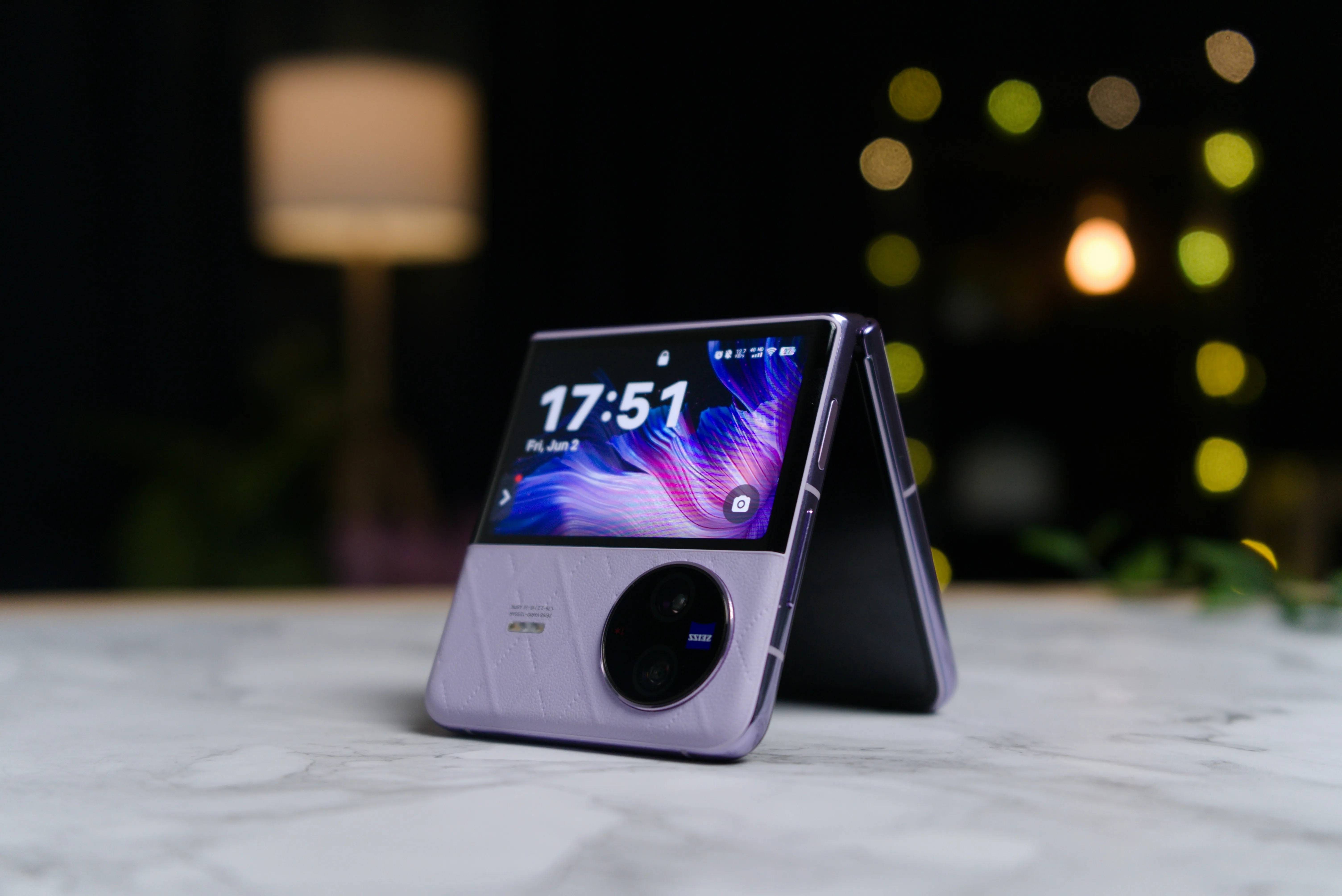

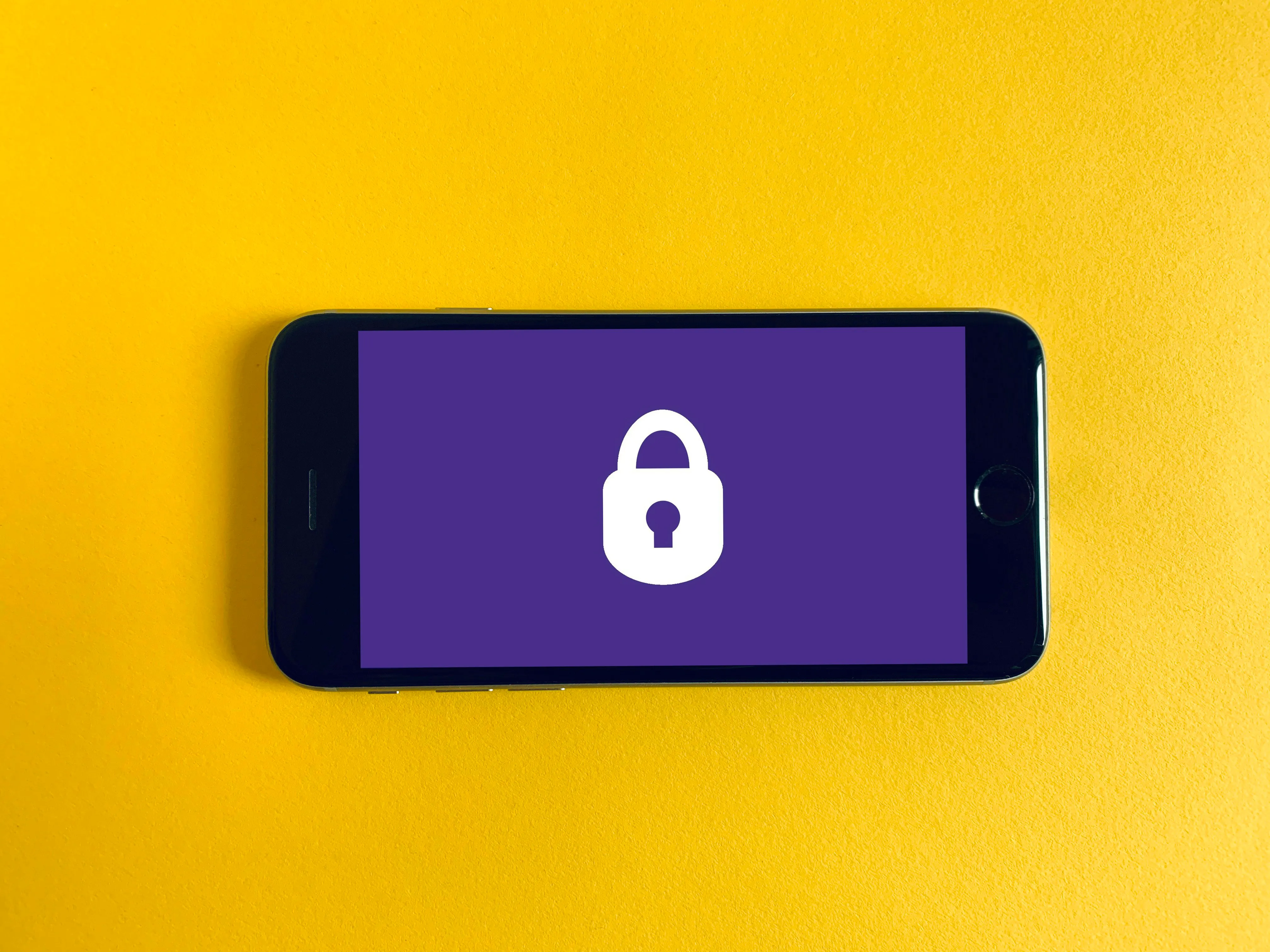
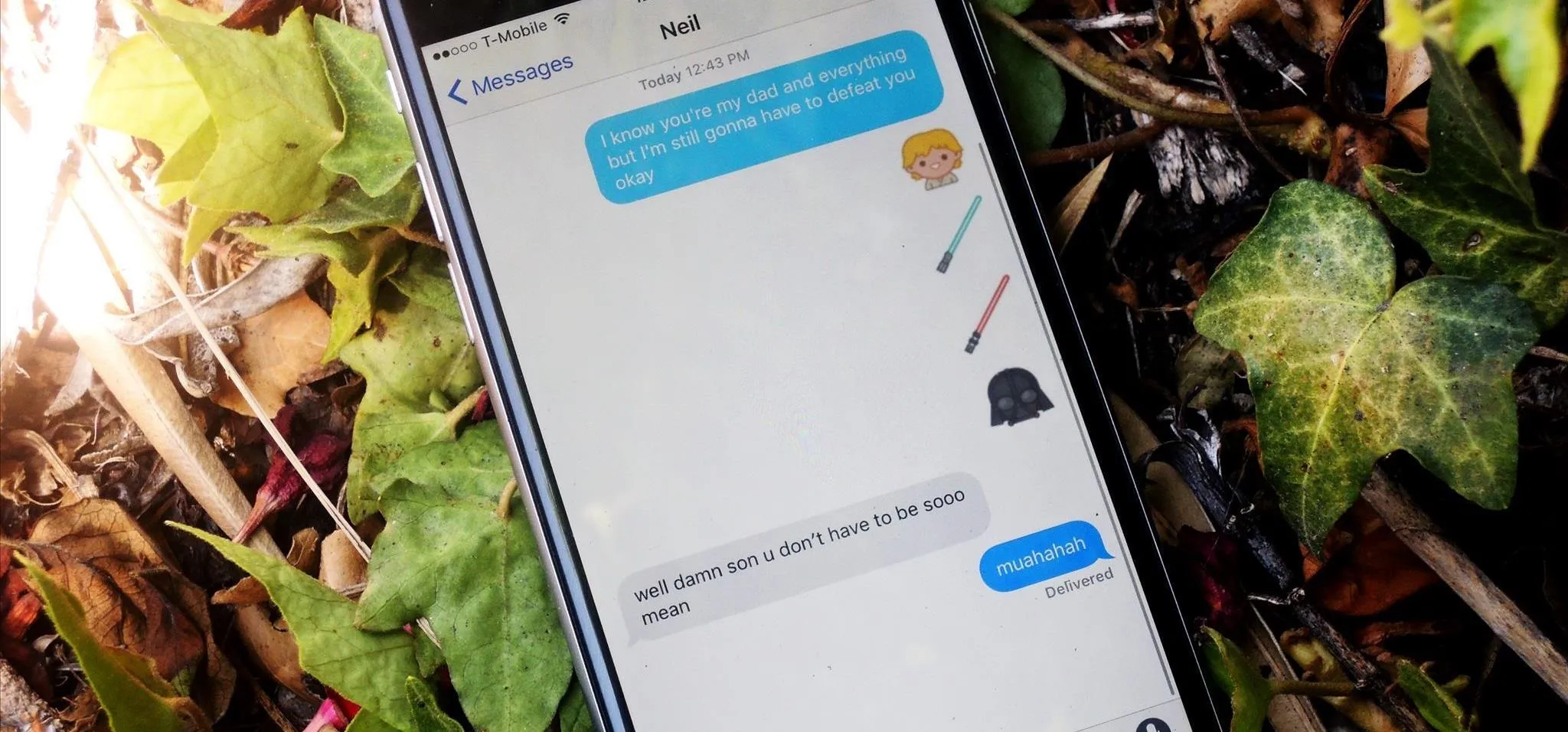
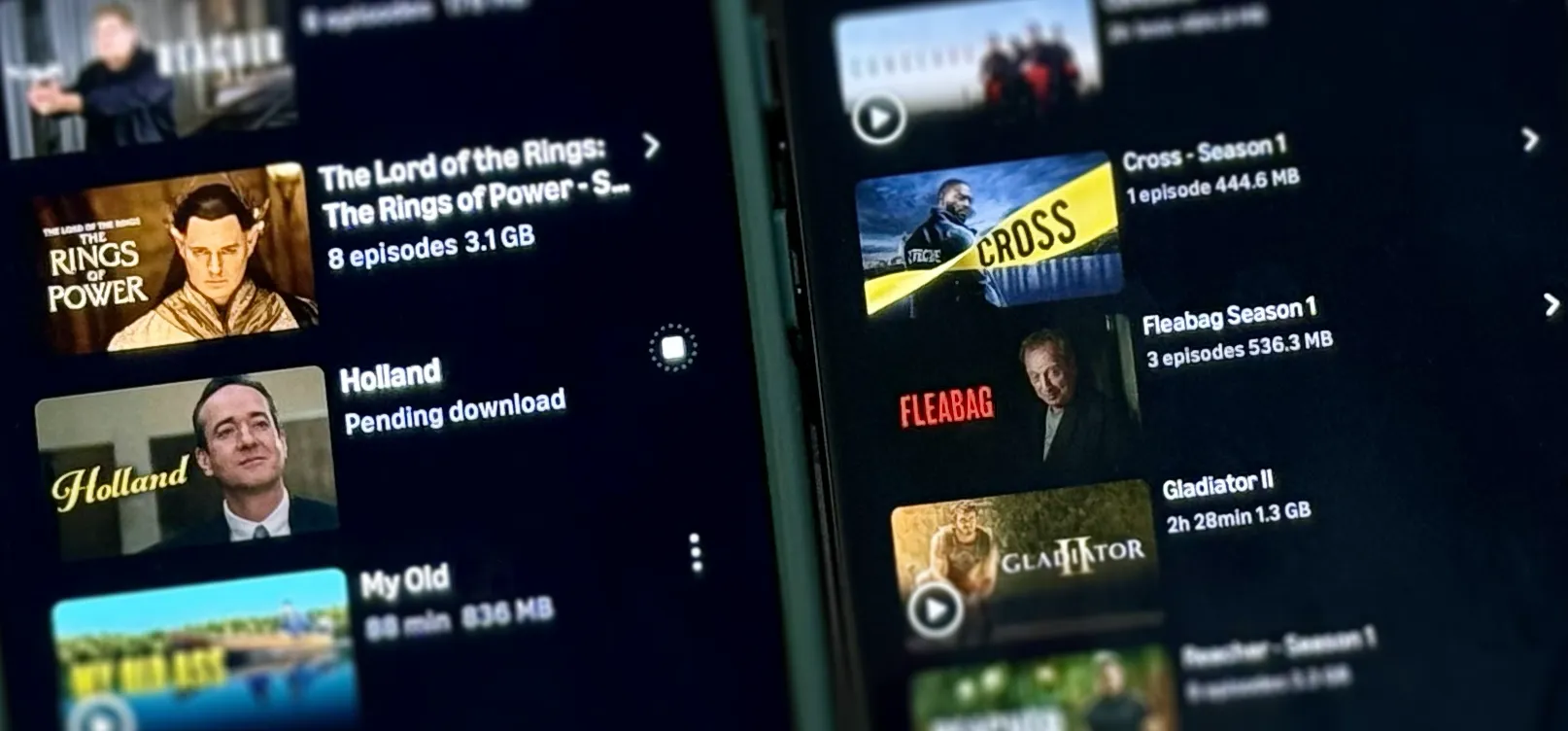

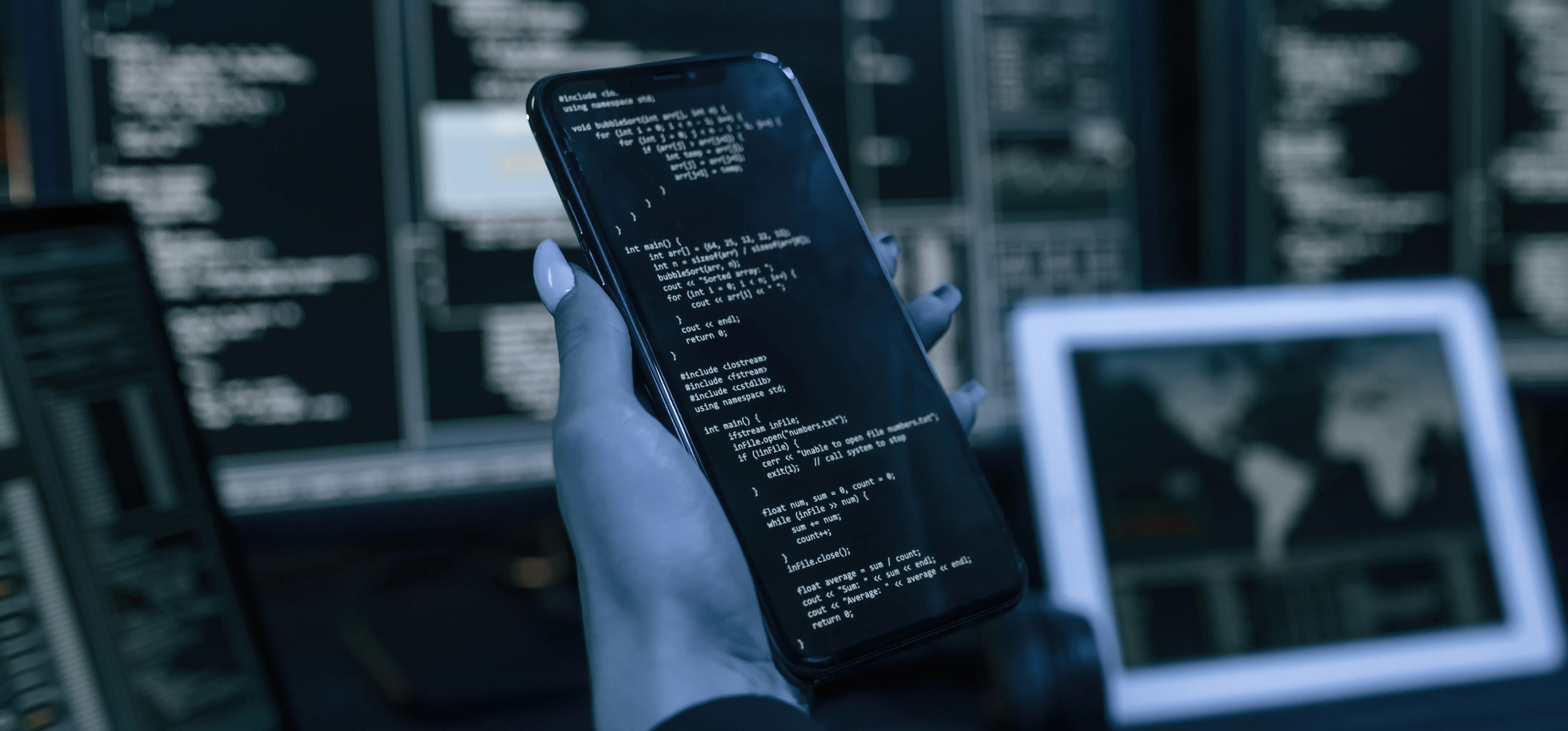

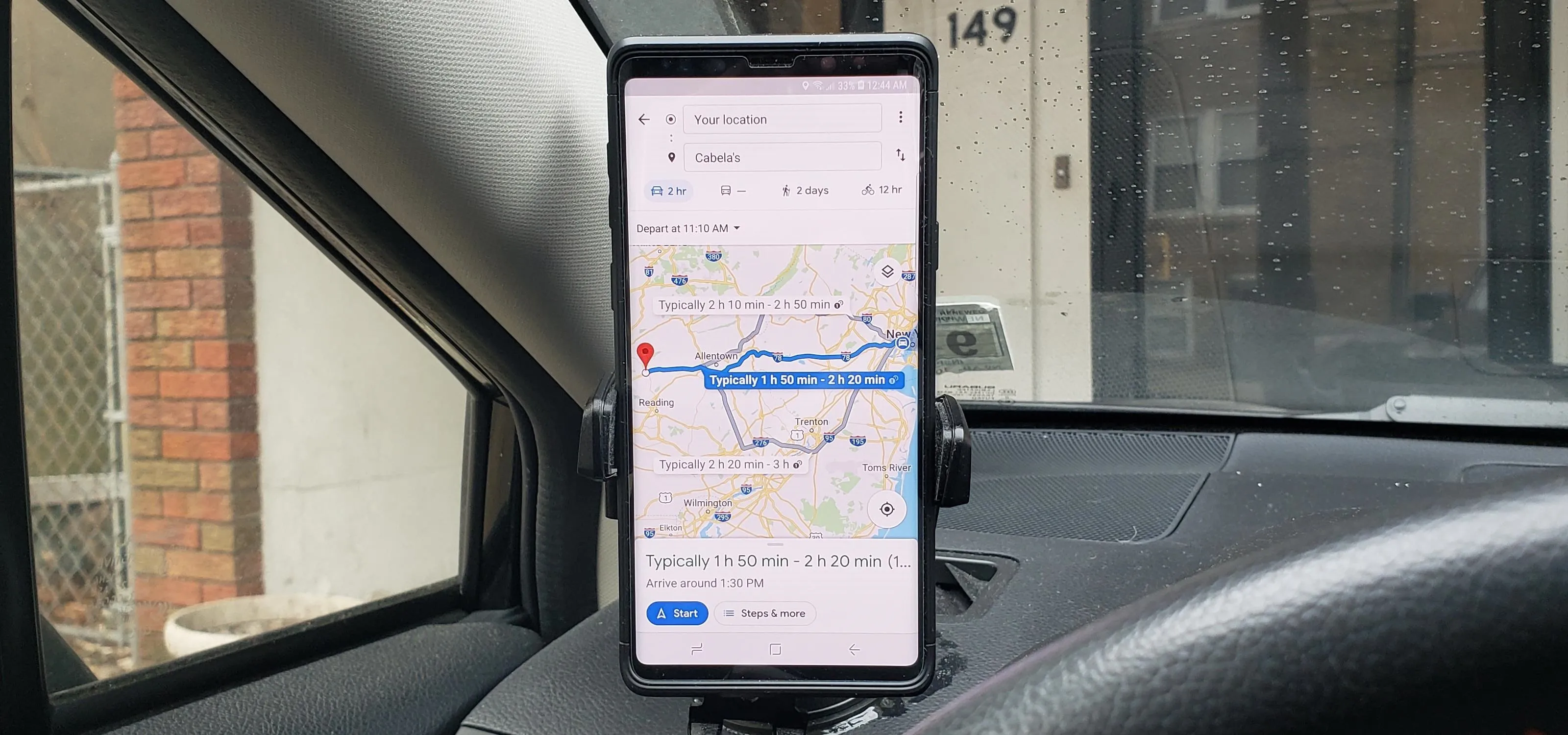
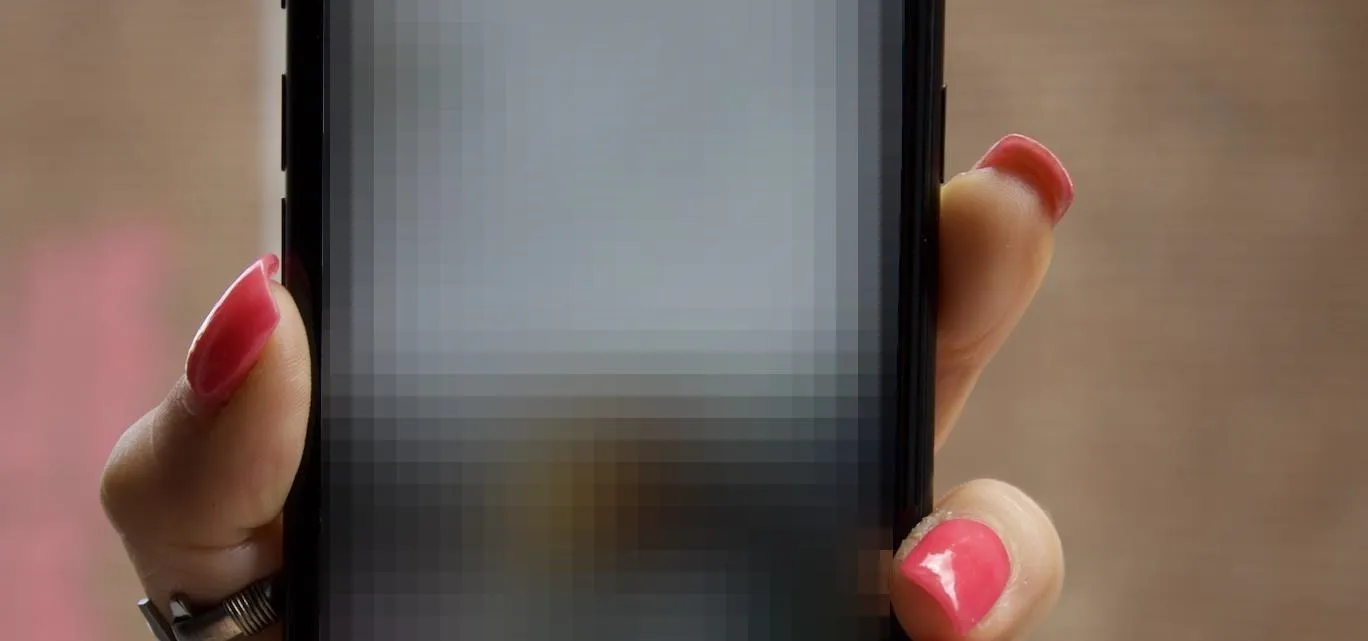

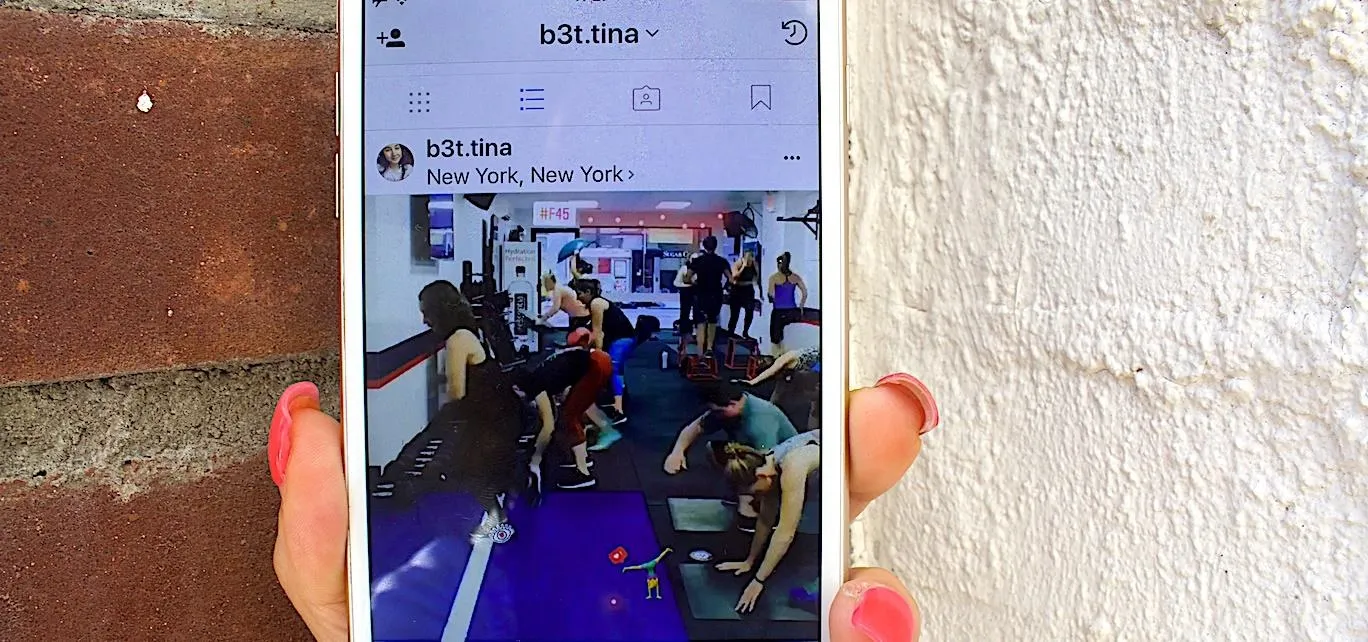
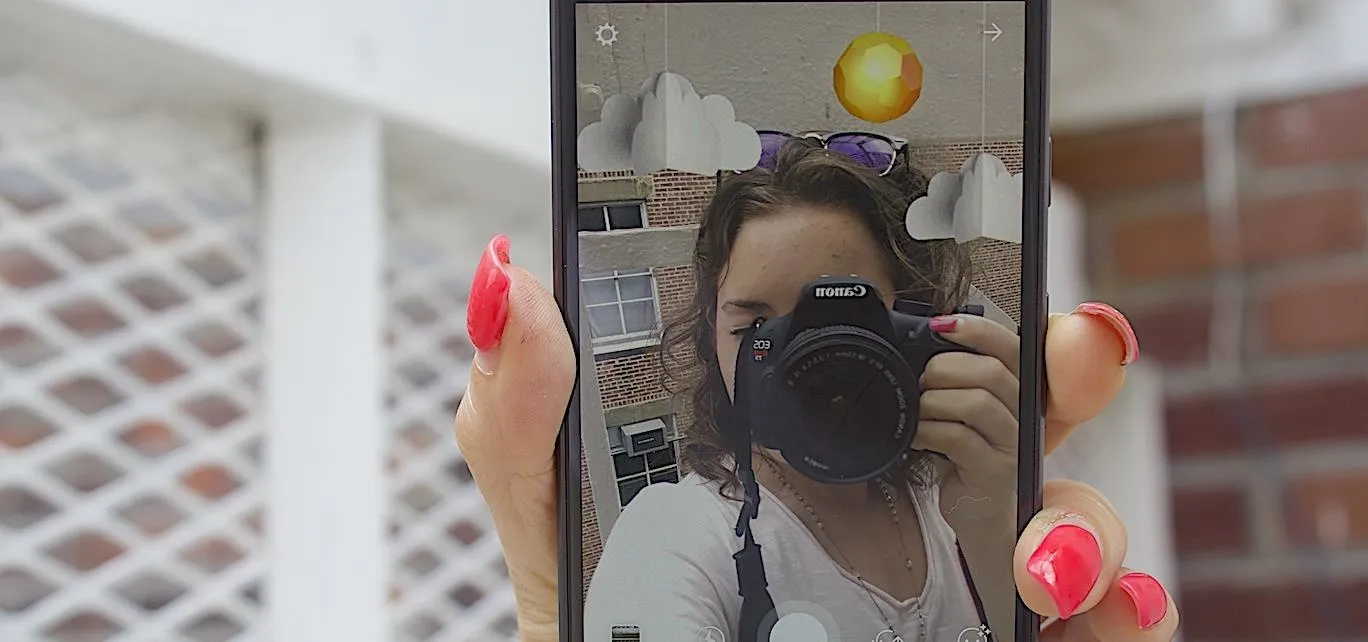
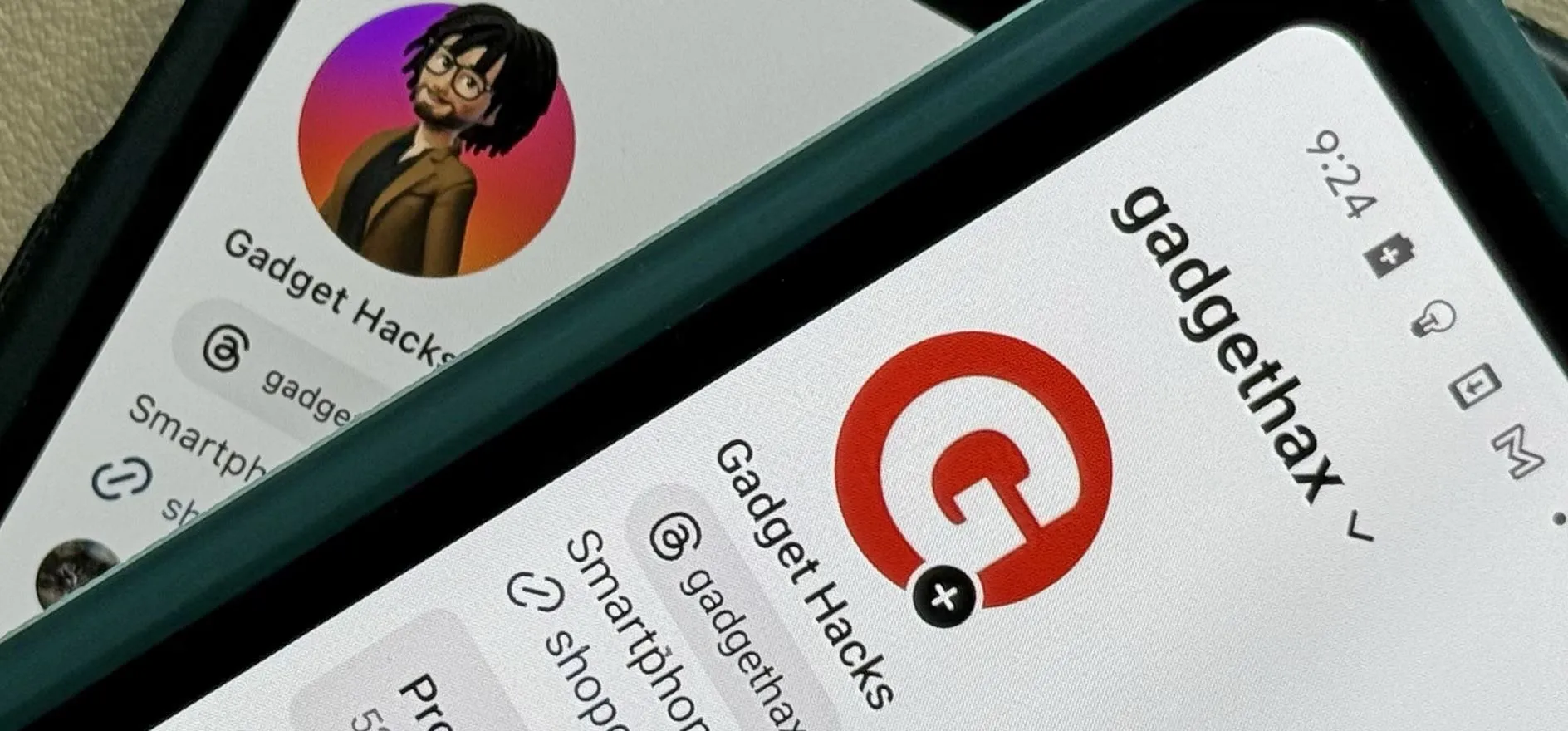
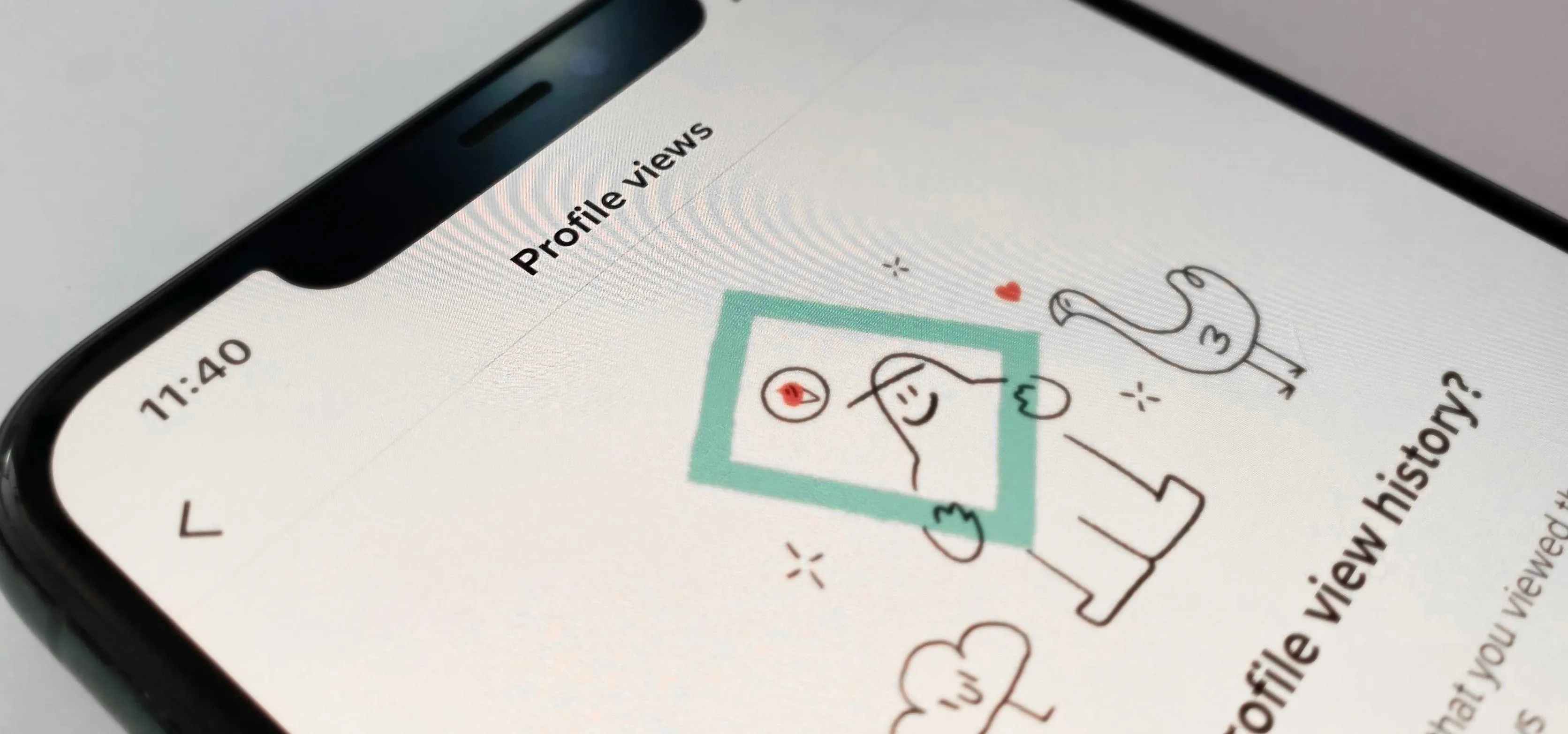
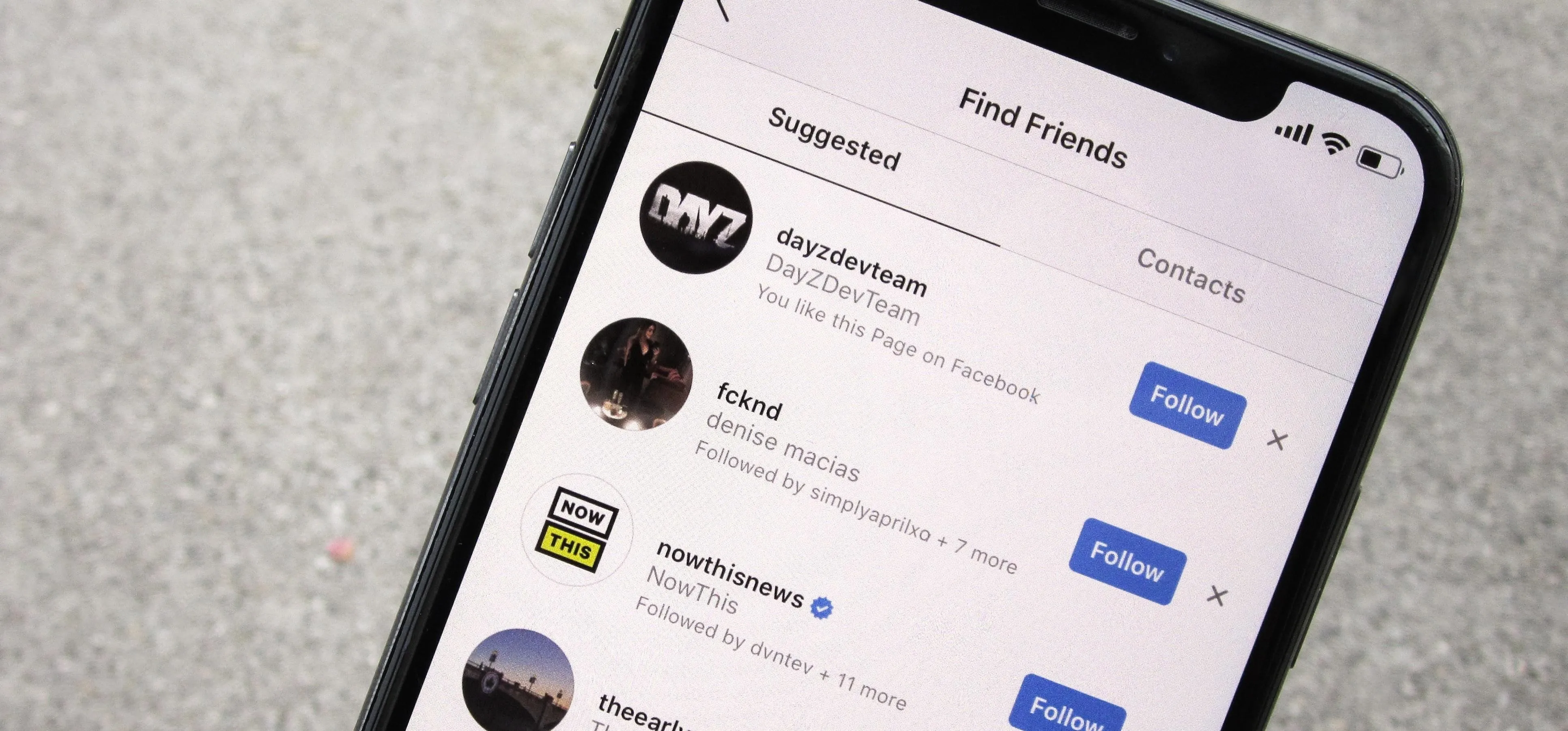
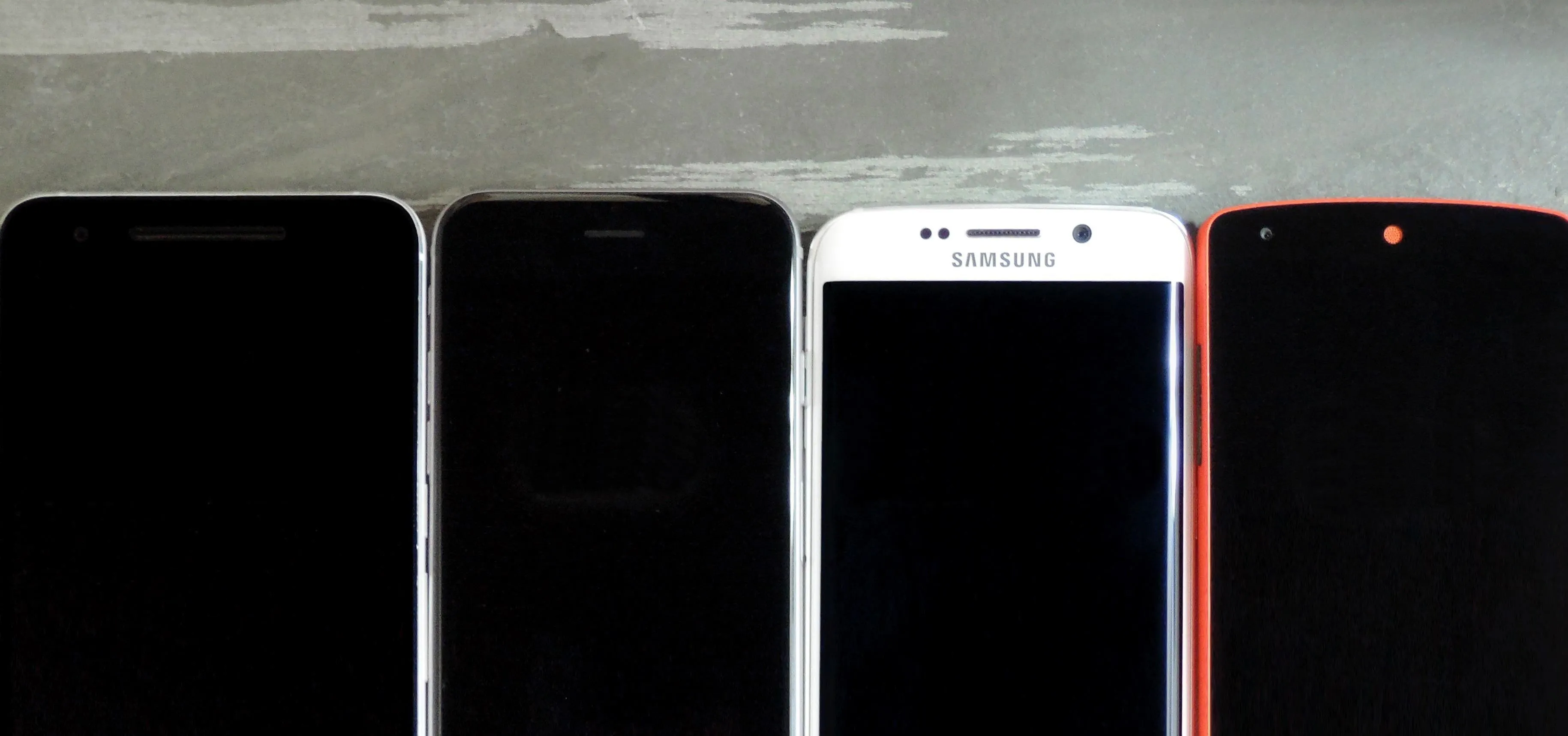
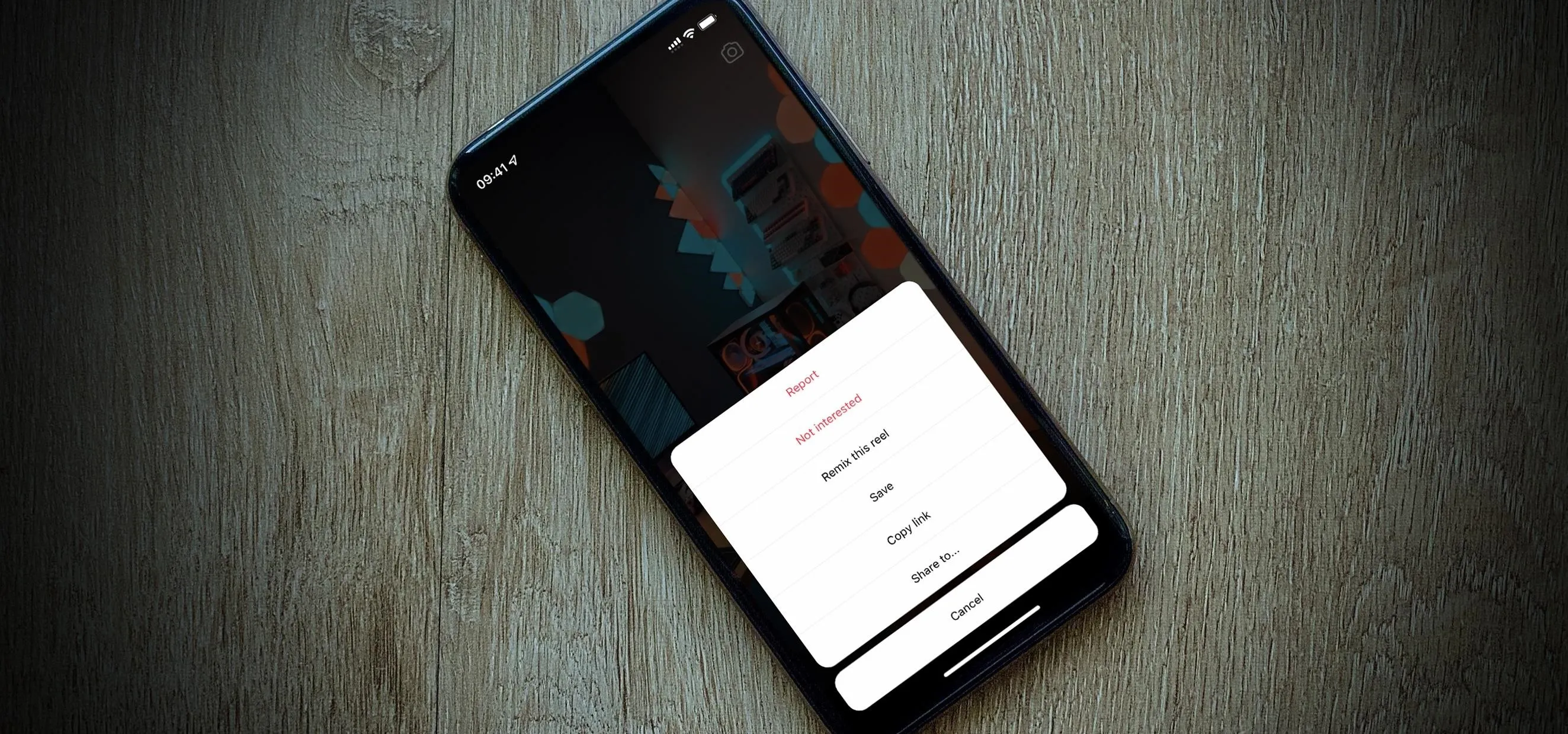
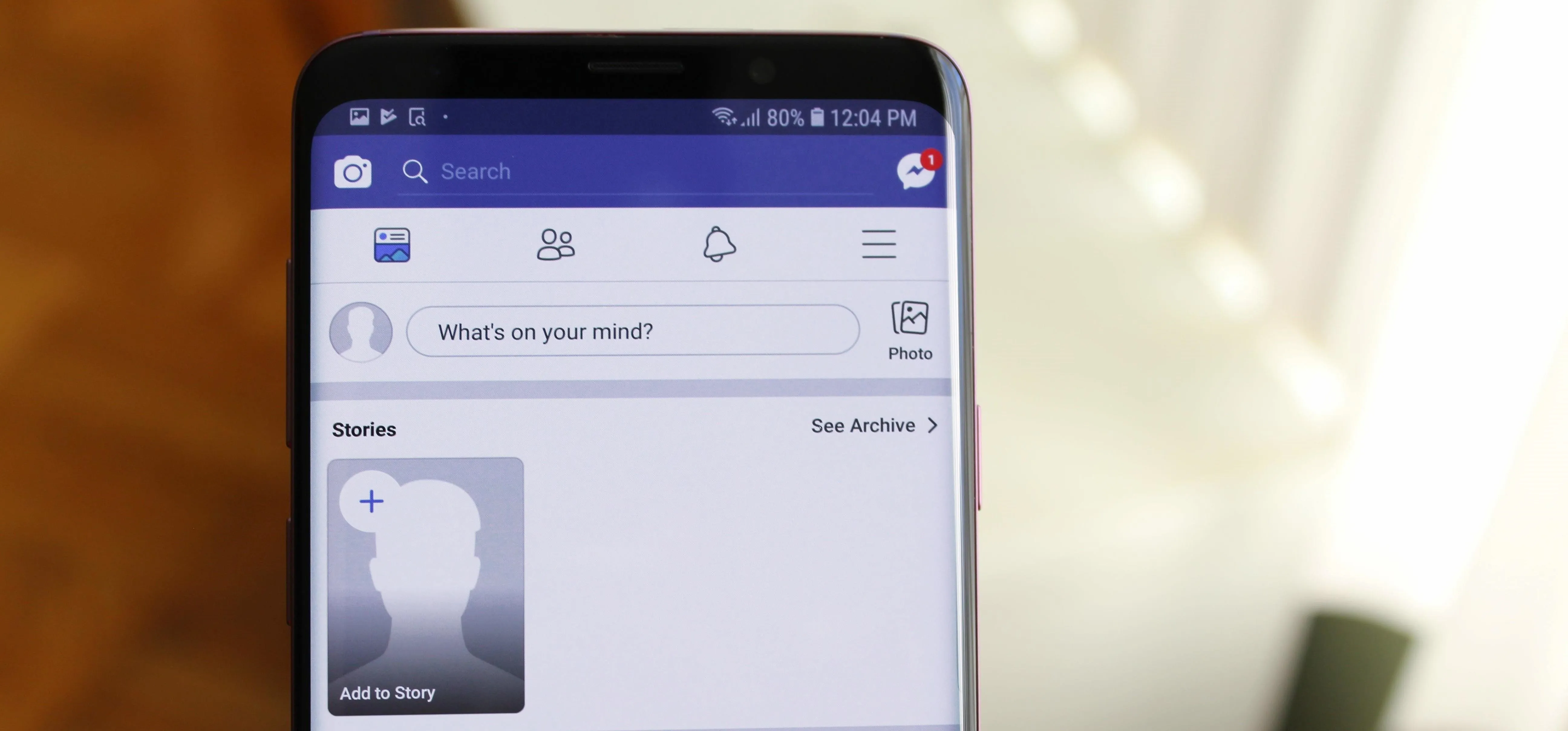
Comments
Be the first, drop a comment!